MercoPress. South Atlantic News Agency
Tag: Inflation
-
Friday, November 19th 2010 - 18:07 UTC
China imposes second banks’ reserve hike in two weeks
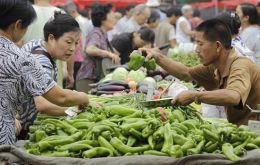
China's central bank has raised the amount of money that lenders must keep in reserve, as it moves again to try to control the country's high inflation. The People's Bank of China said the reserve ratio would go up by a further 0.5 percentage points on 29 November.
-
Wednesday, August 18th 2010 - 19:11 UTC
Bank of England warns about high inflation; rate won’t drop to 2% until mid 2012
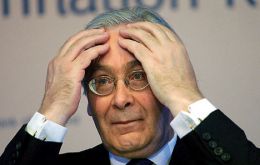
The Governor of the Bank of England warned of the dangers of ‘destructive’ high inflation after admitting his surprise that the rise in the UK cost of living continues to overshoot targets, according to a report in the Daily Mail.
-
Monday, August 16th 2010 - 05:08 UTC
Argentina official July inflation, 0.8%; private sector and unions: 1.9%
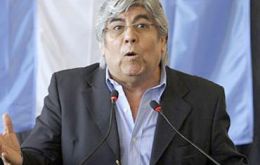
Argentina’s annual inflation rate in July rose to the highest level since May 2006, led by higher costs for leisure goods and clothing. Consumer prices increased 11.2% from a year earlier and 0.8% from June the national statistics institute Indec, said.
-
Thursday, July 22nd 2010 - 10:18 UTC
Brazil anticipating ‘external factors recent evolution’ eases interest rate policy
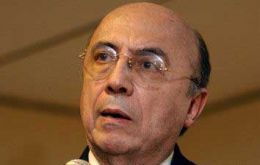
Brazil’s central bank signalled it may stop raising interest rates soon after policy makers unexpectedly slowed the pace of increases and said inflation was less of a threat amid slowing global growth.
-
Monday, July 12th 2010 - 03:52 UTC
Argentina and Venezuela with highest (and climbing) inflation in South America
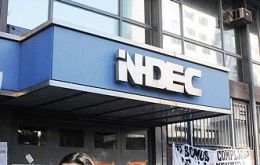
While most of South America is undergoing a deceleration of consumer prices Argentina and Venezuela are the only countries to experience a significant increase in inflation, making it one of the main concerns or public opinion.
-
Tuesday, May 25th 2010 - 06:17 UTC
Fears of Europe’s debt crisis on global recovery hits Brazil’s Real
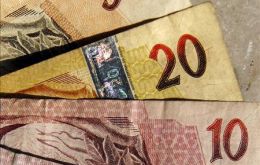
Brazil’s currency fell Monday over concern Europe’s debt crisis may slow the global economic recovery. The Real slid 0.9% to 1.8704 per U.S. dollar from 1.8534 on May 21. The currency has declined 6.7% this year after rising 33% in 2009.
-
Saturday, May 15th 2010 - 04:49 UTC
World Stock Markets Plunge and Euro Falls to 18-Month Low
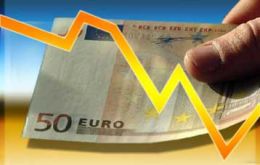
World stock markets plunge Friday and the Euro hit an 18-month low against the dollar, on growing fears that the austerity packages unveiled across Europe could tip the continent back into recession and stifle global economic recovery.
-
Thursday, May 13th 2010 - 10:56 UTC
Brazil Poised to Raise Rates and Make Significant Cuts in Government Spending
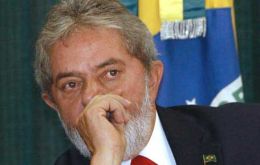
Brazilian President Lula da Silva on Wednesday said the country's interest rates could go up again this year “if necessary,” even in the run-up to the presidential election. Brazil is holding elections next October and will be voting for the successor of Lula da Silva who is barred from running a third consecutive mandate.
-
Wednesday, May 12th 2010 - 07:16 UTC
China April Inflation Accelerates and Property Prices Jump 12.8%
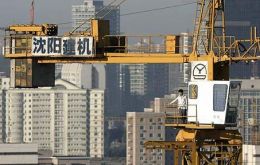
April inflation in China has accelerated as bank lending exceeded estimates and property prices jumped by a record, increasing pressure on the government to raise interest rates and let the currency appreciate.
-
Wednesday, May 12th 2010 - 01:20 UTC
Bank of England “No-Change” Policy; Leaves Assets-Purchase Program at £ 200bn
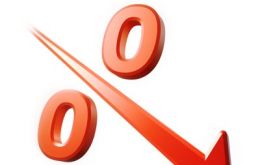
The Bank of England held interest rates at record lows as policy-makers weighed up the impact of a Eurozone bailout and a hung parliament. The Bank's Monetary Policy Committee voted to hold rates at 0.5% and left its £200 billion program to boost the money supply unchanged.
